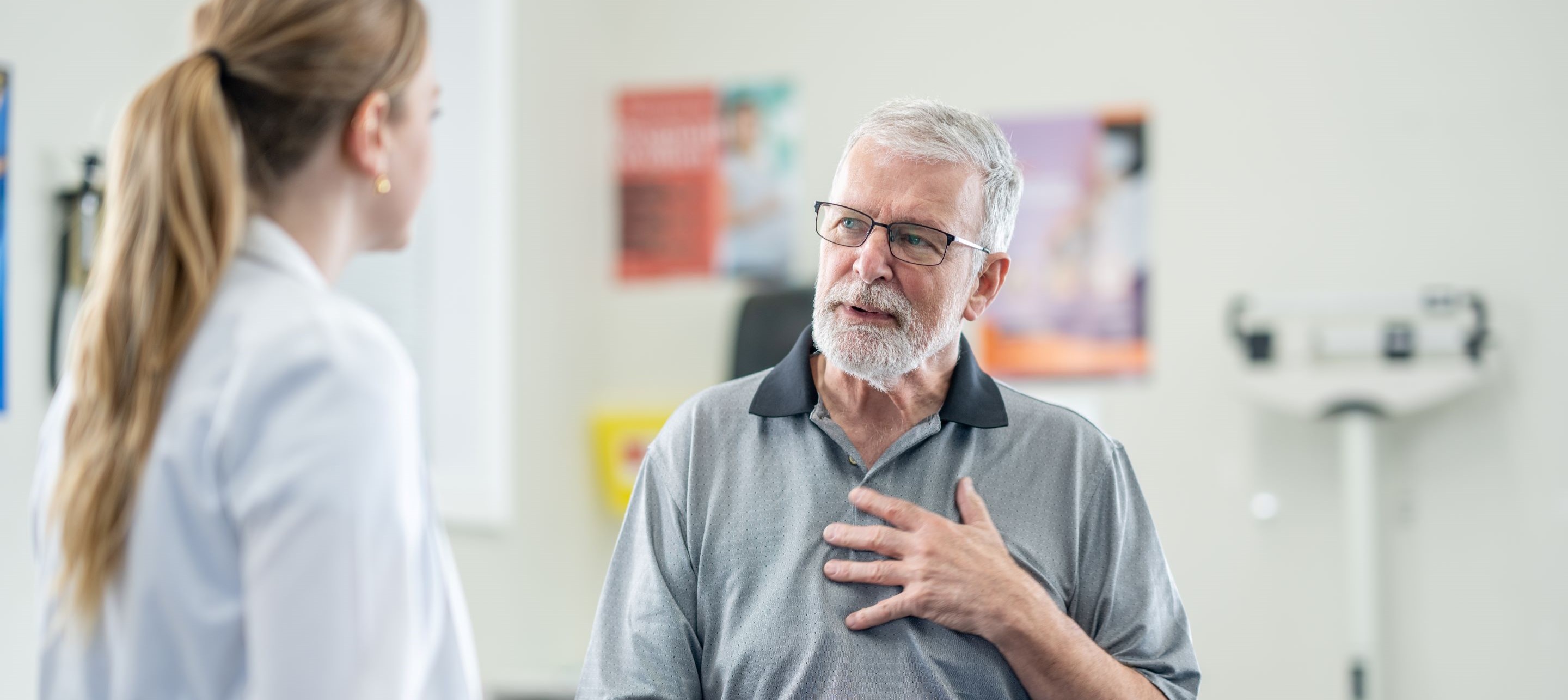Colorectal cancer, a health issue usually associated with older adults, has become more prevalent at younger ages. It is now the No. 1 cause of cancer death for 20- to 49-year-old men and the No. 2 cause of cancer death for women in that age group, according to a report from the American Cancer Society. While colorectal cancer remains most common among adults 65 and older, the rate of diagnosis has declined in that age group over the past two decades.
“What is alarming about these findings is that the typical twentysomething, thirtysomething, or fortysomething adult wouldn’t think of colorectal cancer as a health issue that would concern them,” said Urvashi Patel, PhD, vice president of data and analytics at the Evernorth Research Institute.
Dr. Patel stressed the importance for health plans and plan sponsors to educate adult members under 50 about their potential risk of colorectal cancer and the need for early screening. She noted that a study by the Institute has linked medically appropriate screenings with reduced risks of developing advanced stages of colorectal cancer as well as lower total costs of care. This research also revealed a need to address social determinants of health that can impede access to colorectal cancer screenings.
New recommendations have significantly increased colorectal cancer screenings among people 45 to 49
Even before the American Cancer Society released its report, emerging evidence showed that colorectal cancer was becoming more common among 40- to 49-year olds, with incidence rates increasing by almost 15%. In response, the U.S. Preventive Services Task Force (USPSTF) recommended in 2021 that all adults begin regular colorectal cancer screening at age 45, five years earlier than the previous recommendation.
Evernorth’s analysis of pharmacy and medical claims from the Komodo Healthcare Map found a significant increase in the prevalence of colorectal cancer screening from 2019 through 2022 across all age groups recommended to have regular screenings. Notably, the percentage of 45- to 49-year-olds who underwent recommended screenings increased by 149% during that period (from 4.9% in 2019 to 12.2% in 2022). The greatest surge was in 2021 and 2022, which suggests the updated guidelines have been effective. Other age groups also saw increases: 30.6% for people 50 to 64 (from 24.2% in 2019 to 31.6% in 2022) and 29.1% for people 65 to 75 (from 25.8% in 2019 to 33.3% in 2022). The USPSTF recommends people older than 75 discuss their individual need for colorectal cancer screening with their health care provider.
With incidence rates for colorectal cancer increasing for people younger than 45, Dr. Patel suggests health plans and plan sponsors intervene to encourage early screenings among younger adults.
In addition, Dr. Roseleen Charania, an oncologist and Associate Chief Medical Officer at Evernorth, urged health plans and providers to encourage screening starting at age 45 for colorectal cancer, and patients younger than 45 if they have a family history of cancer or have any unexplained warning symptoms like abdominal pain, change in bowel pattern, rectal bleeding or anemia. “Colorectal cancer cases diagnosed among these younger adults tend to be discovered at an advanced stage, meaning that early signs were likely missed or misdiagnosed,” she said. Dr. Charania also suggests that adult patients of any age talk to their doctor about their potential risk for colorectal cancer and, depending on their family history or particular health situation, if they should begin screening.
Colon cancer screenig lowers the risk of advanced cancer, reducing total medical care costs
Evernorth’s study also observed two nationally representative groups of patients diagnosed with colorectal cancer: The people in one group had no colorectal cancer screenings during the three years before being diagnosed, and those in the other group had at least one screening during that time. People in the second group were less likely to develop advanced stages of their cancer in the year after their diagnosis, compared with patients who did not have any prior screenings. People with at least one screening were also more likely to require only surgical procedures to address their colorectal cancer and less likely to need chemotherapy or radiation treatments.
Prior screening is also associated with lower treatment costs. During the year following a diagnosis of colorectal cancer, patients who had received earlier screenings had significantly lower health care costs than those without prior screenings ($67,497 vs. $78,868).
These findings are in line with previous nationally representative research and with a more study conducted in Europe.
Social needs are a barrier to colorectal cancer screening
Increased participation in colorectal cancer screenings can potentially lead to fewer patients having advanced stages of the disease and lower care costs. However, Evernorth’s study shows that the rate of increased screenings was significantly lower for patients living in areas with very high social needs as compared to those living in areas with low social needs.
Related: Promoting colorectal cancer screenings helps overcome health disparities
In addition, patients covered by Medicaid or Medicare had significantly lower rates of increased screenings during that period than those with commercial insurance coverage.
“These findings demonstrate an opportunity to improve access to colorectal cancer screenings among neighborhoods and populations with greater social needs,” Dr. Charania said. “Health plans and plan sponsors should assess the social needs and barriers their members face. From there, plans and sponsors can work with local physicians, care systems, and advocacy groups to help increase community awareness, as well as support local efforts to address social determinants of health so people can access these screenings and any other preventive care they need.”
Originally published on 2/27/24 and updated on 4/8/25.


